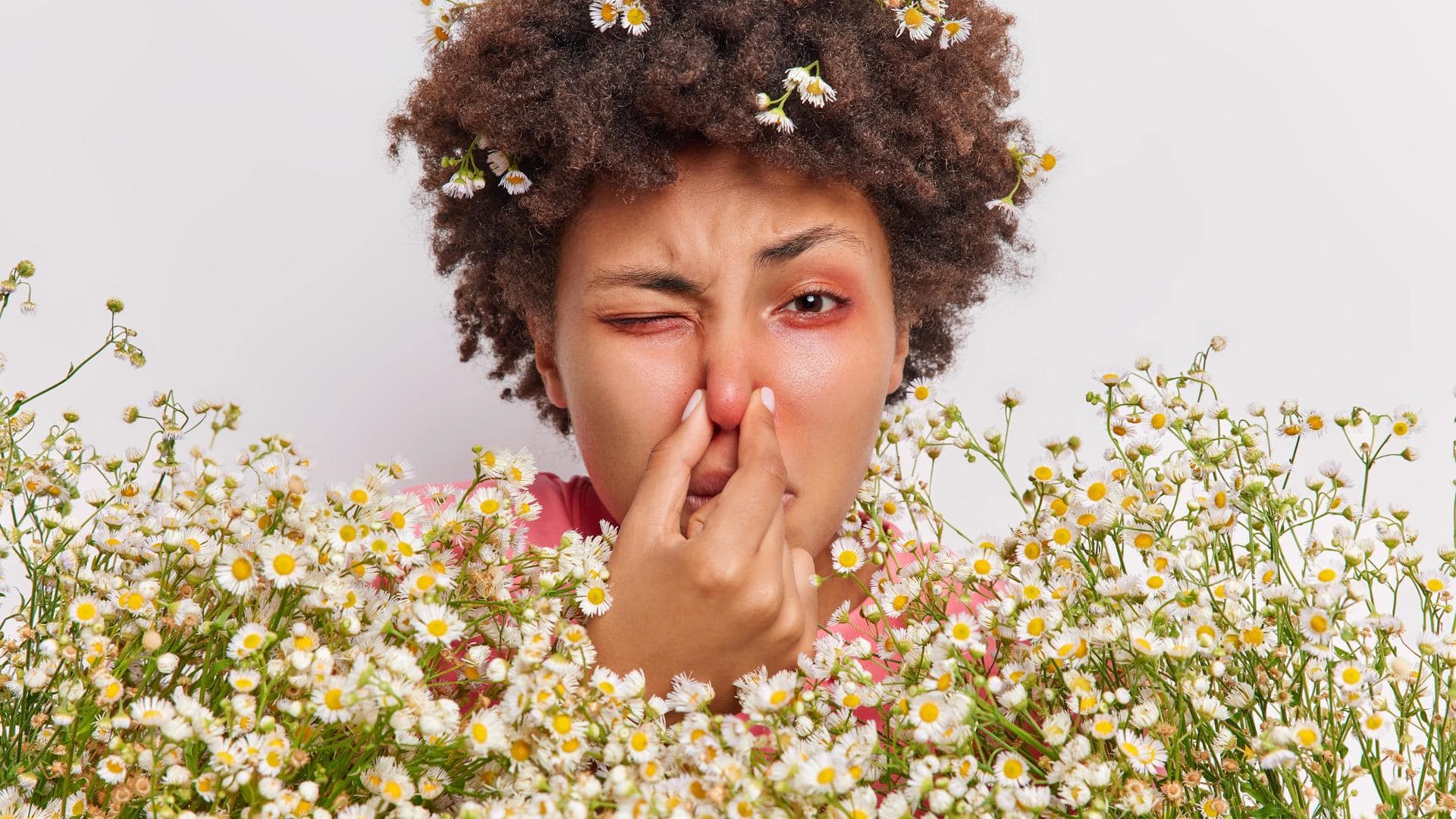
Pollen allergies: Meaning, causes, symptoms, and treatment
What's the story
Pollen allergies may be a common issue but can be extremely challenging to deal with, especially during seasonal changes. Although it may cause people some typical allergy symptoms, the intensity and frequency may vary from person to person and carrier to carrier. From its meaning and causes to symptoms and treatment, here is your go-to guide to pollen allergies.
Meaning
Let us understand how pollen allergies happen
Many plants, trees, weeds, and flowers produce pollen, a harmless, fine yellowish powder that gets carried by air, insects, animals, or birds. When one inhales them, their immunity system mistakes them for a dangerous foreign agent or intruder, creating a response by releasing chemicals in the body to get rid of them. The reaction is generally through continuous sneezing, coughing, and watery eyes.
Causes
The causes of pollen allergies are still unclear and vague
Medical researchers have no clue about the causes of pollen allergies, apart from the fact that the immune system accidentally gets into a fight response. Additionally, some common plant species like grass, oak trees, ragweed plants, and birch trees have been identified as triggers that cause such allergies. Some of these species can produce a whooping number of pollen grains all year-round.
Symptoms
Here are the most common symptoms of pollen allergies
Pollen allergies can induce a host of symptoms that may last for a few hours to a few days/weeks depending upon the severity. People may experience nasal congestion, stuffy or runny nose, sneezing, coughing, sinus pressure, sore throat, puffy or swollen eyes, bluish texture under the eyes, watery eyes, and more. More complicated cases may induce a decreased sense of taste/smell and asthmatic reactions.
Treatment
Medicines and allergy shots can help with the relief
Your doctor may prescribe some over-the-counter medicines that can mitigate your symptoms and relax your immunity system. They usually include decongestants and anti-allergic drugs. Depending upon your case, they may also give you allergy shots/injections to modify your immune response and slow down allergy reactions. Some prevention measures include washing/vacuuming your clothes worn outside and using face masks.